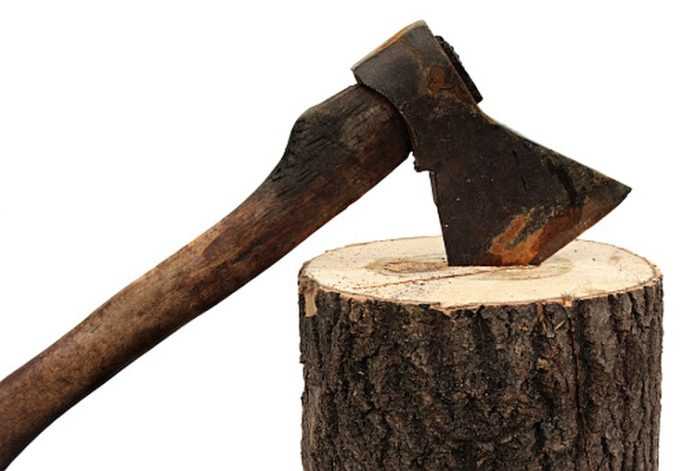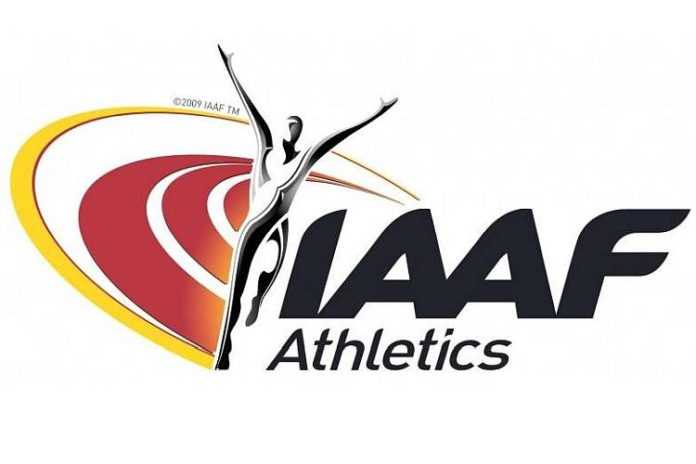Perhaps not unexpectedly, the International Olympic Committee and the United States Olympic Committee are walking, side-by-side, down a parallel road of de-certification of a sports governing body.
What they do – and just as importantly – how they do it will re-shape the relationship between the IOC and the International Sports Federations and the USOC and its National Governing Bodies.
The USOC went first, announcing on 5 November that it will seek to remove USA Gymnastics as the National Governing Body for gymnastics in the United States. Said USOC chief executive Sarah Hirshland, “Seeking to revoke recognition is not a decision that the USOC came to easily, but we continue believe it is the right action.”
There is an established procedure for this, detailed in the Ted Stevens Olympic and Amateur Sports Act, first passed in 1978. A review panel will be named, hearings will be held, a report and recommendations will be filed and the USOC Board will decide what to do, how to do it and the timeframe involved. Somewhere in the background is the continuing issue of potential liability from the lawsuits filed against both USA Gymnastics and the USOC.
The IOC’s procedure against the International Boxing Association (AIBA) is much less clear. There are no designated processes in the Olympic Charter about how an international federation is recognized or de-recognized by the IOC:
∙ Rule 25 says simply, “In order to develop and promote the Olympic Movement, the IOC may recognise as IFs international non-governmental organisations governing one or several sports at the world level.”
∙ Rule 59 on sanctions identifies who has what authority:
“[W]ith regard to IFs:
a) withdrawal from the programme of the Olympic Games of:
– a sport (Session),
– a discipline (IOC Executive Board),
– an event (IOC Executive Board);
b) withdrawal of provisional recognition (IOC Executive Board);
c) withdrawal of full recognition (Session).
So now the IOC has announced that it has formed a three-person commission to investigate its questions about AIBA in “governance, ethics, financial management and refereeing and judging” and report back with findings and recommendations.
As it is, the IOC has frozen its payments to AIBA, causing it great financial stress (in addition to its own missteps) and has instituted a “freeze [of] the planning for the Olympic boxing tournament at Tokyo 2020.”
Both the USOC and IOC also made the same promise, that no harm will come to competing athletes because of all of this.
The IOC’s statement includes this remarkable sentence: “The IOC Executive Board makes all efforts to protect the athletes and ensure that a boxing tournament can take place at the Olympic Games Tokyo 2020 regardless of these measures.”
The USOC’s 5 November letter to the U.S. gymnastics community included, “You need to know what happens to gymnasts and your clubs if USA Gymnastics’ membership is revoked by the USOC. We are developing a short- and longer-term plan and will communicate it as soon as we can.”
So no one has a plan, only a process.
These procedures and decisions are only initially about AIBA and USA Gymnastics. They will codify, for years to come, how international federations and U.S. National Governing Bodies – and their sports – can be disciplined or removed from the Olympic Games or the U.S. NGB structure.
And it begs the question: are the IOC or USOC prepared to get into the sports governance business?
If the IOC dismisses AIBA, and by extension some or all of the national boxing federations that are providing the corrupt officials, who exactly is going to organize the qualifying events for the Games, let alone the Games competitions? Is the IOC going to create another organization, re-shape some parallel group to run these sports … or do it itself?
The IOC is not in that business, at least not yet. And the USOC has the same problem, and historically, has not wanted to be in the sport-governance business. Moreover, there is no assurance that any new organization would be immediately (or quickly) competent.
Most IFs and many U.S. NGB will collapse or be in near-collapse without IOC or USOC funding. Among the IFs, FIFA (football) has no worries, UCI (cycling) is healthy, and the FINA (aquatics) has reserves that could last for quite a while. But for federations like AIBA, which received from 65-78% of their total revenue in the last two years from IOC television rights fees, what chance of survival do they have if the IOC decides to excuse them? None.
Rich Perelman
Editor




























